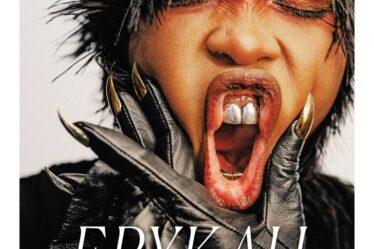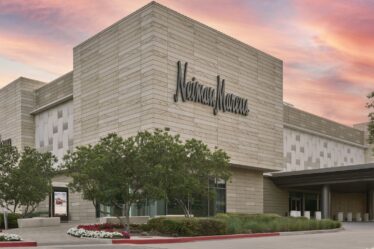
American Eagle Outfitters Inc on Wednesday missed second-quarter profit estimates and said it would pause quarterly dividend as it fortifies its finances against a hit from inflation, sending its shares down over 14 percent after market.
The apparel maker would also freeze hiring, cut non-critical expenses and lower capital spending, chief executive officer Jay Schottenstein said in an earnings call, as the company looks to minimise damages from rising costs and slowing demand.
With the United States on the edge of a recession, and prices of food and everyday essentials exceptionally high, consumers are limiting expenditure on discretionary items like apparel, hurting major US retailers including Walmart Inc, Target Corp and Kohl’s.
American Eagle’s gross margins for the reported quarter declined due to higher freight costs, steeper discounts and increased promotional activity to get rid of excess spring and summer goods.
The company’s total ending inventory at cost rose to $687 million compared to $504 million a year earlier.
Schottenstein said the company entered third quarter with better inventory levels with fresh back-to-school and fall merchandise.
The company’s Aerie division, a pandemic beneficiary that makes activewear, swimsuits and bralettes, recorded an 11 percent jump in revenue in the second quarter ended July 30, while namesake division American Eagle posted an 8 percent decline.
Net revenue stood at $1.20 billion, in-line with analysts’ expectation, according to IBES data from Refinitiv.
Excluding items, American Eagle earned 4 cents per share, largely below estimates of 13 cents.
The company had paid shareholders a dividend of 18 cents in the previous quarter.
By Ananya Mariam Rajesh; Editor: Shinjini Ganguli
Learn more:
American Eagle Warns of Earnings Hit Due to Higher Freight Costs
American Eagle Outfitters Inc said it expects its earnings to decline in the first half of 2022, as benefits from the federal stimulus fade and freight expenses surge, sending the apparel chain’s shares down 10 percent in extended trading.



